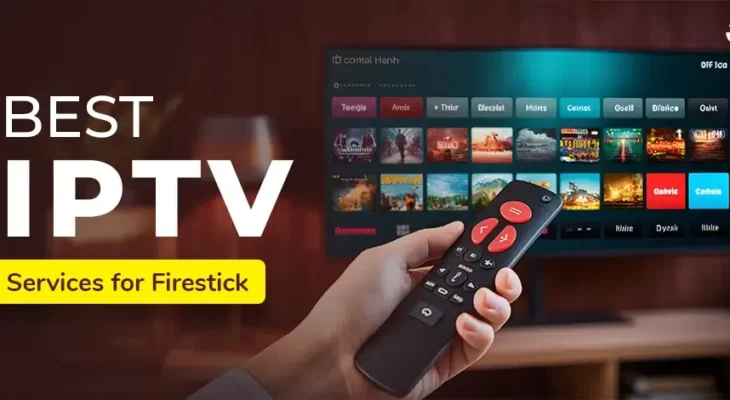In an era where streaming services dominate entertainment consumption, Internet Protocol Television (IPTV) has emerged as a revolutionary method for delivering television content. iptv canada is changing how we watch our favorite shows and movies, offering a more flexible and personalized viewing experience. This article explores what IPTV is, how it works, its advantages, and its potential impact on the future of television.
What is IPTV?
IPTV stands for Internet Protocol Television. Unlike traditional cable or satellite television, which transmits signals via radio waves or satellite, IPTV delivers content through the Internet. This technology allows users to stream live television, video-on-demand (VOD), and other multimedia content directly to their devices, including smart TVs, computers, tablets, and smartphones.
IPTV can be divided into three main types:
- Live IPTV: Streams live television channels in real-time, much like traditional broadcast television.
- Video on Demand (VOD): Allows users to access a library of movies and TV shows whenever they choose, without being tied to a broadcast schedule.
- Time-Shifted IPTV: Enables viewers to watch previously aired programs at their convenience, often through features like catch-up TV.
How IPTV Works
IPTV operates by encoding television signals into digital data and then transmitting them over the Internet. Here’s a simplified breakdown of the process:
- Content Acquisition: IPTV providers obtain content from various sources, including networks, studios, and content creators.
- Encoding: The content is then encoded into a digital format, allowing for efficient compression and transmission.
- Streaming: Once encoded, the content is sent through the Internet to the user’s device, where it is decoded and displayed.
This process allows IPTV to offer a high-quality viewing experience with features like high-definition (HD) and even 4K streaming, depending on the user’s internet connection.
Advantages of IPTV
- Flexibility and Accessibility: IPTV allows users to watch content on multiple devices, including TVs, smartphones, and tablets. This flexibility caters to the modern viewer’s lifestyle, making it easy to watch content on the go.
- Personalization: Many IPTV services offer personalized viewing experiences, enabling users to create playlists, receive tailored recommendations, and access content based on their preferences.
- Cost-Effectiveness: IPTV can often be more affordable than traditional cable services, especially for users who prefer a la carte content options rather than bundled packages.
- Interactive Features: IPTV services can provide interactive features such as on-screen guides, pause and rewind options, and social media integration, enhancing the overall viewing experience.
- Multi-Device Compatibility: IPTV services are typically compatible with various devices, allowing users to seamlessly switch between screens without losing access to their favorite content.
Challenges and Considerations
While IPTV offers numerous advantages, it is not without challenges:
- Internet Dependency: IPTV relies heavily on a stable and fast internet connection. Users in areas with poor connectivity may experience buffering and interruptions.
- Content Licensing: IPTV providers must navigate complex licensing agreements to access and distribute content legally, which can limit available programming.
- Security Concerns: As with any internet-based service, IPTV can be susceptible to hacking and piracy, which raises concerns about user data security and copyright infringement.
- Regulatory Issues: Different countries have varying regulations regarding IPTV services, which can affect their availability and legality.
The Future of IPTV
The future of IPTV looks promising, with advancements in technology and changing consumer preferences driving its growth. As internet speeds continue to improve and more households adopt smart devices, IPTV is expected to become an increasingly popular choice for television viewing.
Additionally, the rise of 5G technology will further enhance the IPTV experience, providing faster speeds and lower latency, which are crucial for high-quality streaming. Content providers are also likely to invest in original programming to attract subscribers, leading to an even wider variety of options for viewers.
Conclusion
IPTV is reshaping the television landscape, offering a flexible, personalized, and cost-effective alternative to traditional broadcasting methods. As technology advances and consumer preferences evolve, IPTV will likely play a significant role in the future of entertainment. Whether you’re a casual viewer or a dedicated cinephile, IPTV presents an exciting way to access and enjoy your favorite content.

